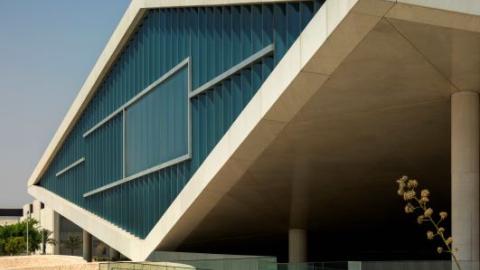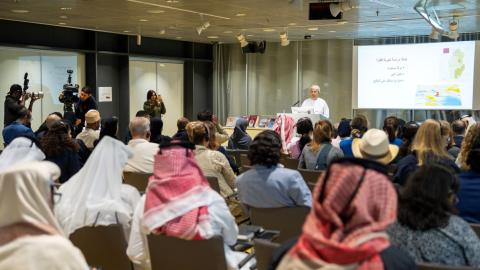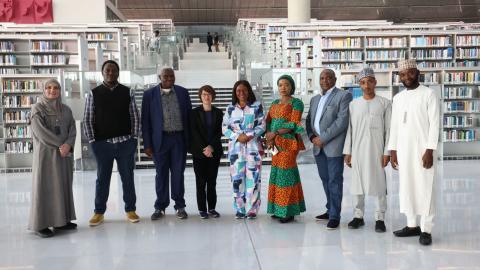
Safeguarding the Arab world’s audiovisual heritage was the theme of an event organized yesterday by Qatar National Library, in cooperation with University College London – Qatar and the British Library-Qatar Foundation Partnership, to mark the World Day for Audiovisual Heritage.
“Before It Is Too Late: Protecting and Preserving Arab Audiovisual Heritage” emphasized the urgency of efforts to preserve the unique audiovisual heritage of Qatar and the Middle East on a large scale by finding collaborative solutions and sharing expertise.
Hazem Jamjoum, Gulf History Audio Curator and Cataloguer at the British Library, gave a firsthand account of one of the world’s largest and most ambitious audio digitization projects with the aim of generating a discussion on how such a model can be used to rescue the Arab audio heritage.
Qassem Mohammed Qassem, who attended the lecture, said: “I think it is very important that the Library is paying attention to the issue of audiovisual preservation. Much of our audiovisual heritage is at the risk of deterioration in the next 10 to 20 years and there is very little knowledge available about the methods for protecting these treasures. We need to find out what we have and how to preserve it so our future generations can access this rich cultural heritage. ”
A panel discussion featuring Shayya AlFadel, prominent Qatari TV and radio presenter; Abdul Salam Jadallah, presenter and head of the programs section at Sout Al Khaleej; and Pamela Erskine-Loftus, director of the Media Majlis at Northwestern University in Qatar, explored the challenges and opportunities for joint solutions for long-term preservation.
Another attendee, Abedulrahman Belhadj, said: “I am thankful to the Library for organizing such an informative event. It offered interesting insights about the challenges that people in the Gulf and the Middle East region face in terms of protecting our audiovisual heritage. Such lectures should continue to help us preserve these important items.”







